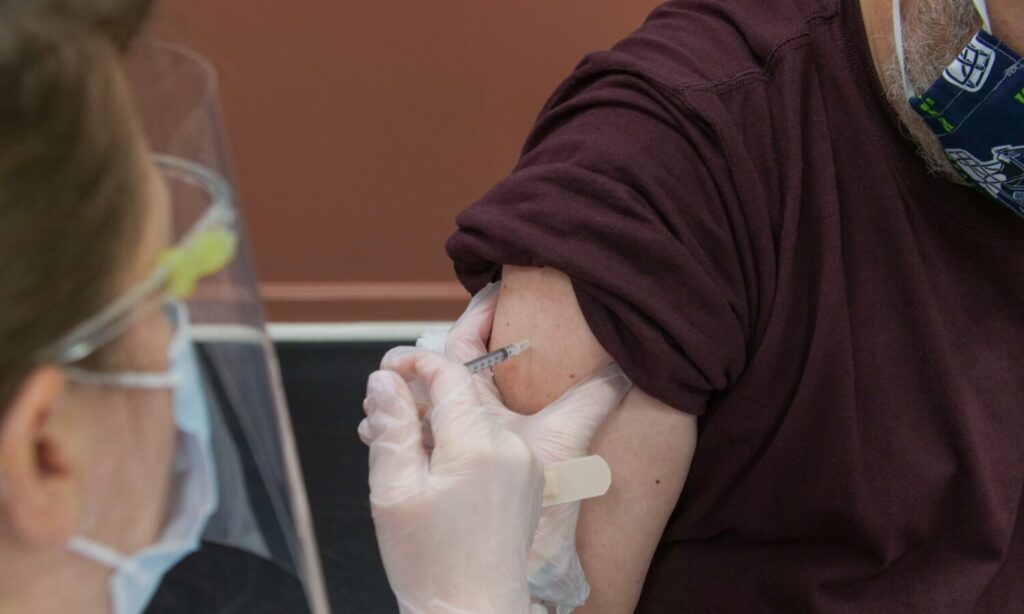New research found trends in people suffering from long COVID-19, which could help researchers develop a test to predict who’s at higher risk for the condition.
While COVID-19 is terrifying in and of itself, long COVID-19 is an even more concerning condition. Poorly misunderstood, long COVID-19 affects people and produces different symptoms that can last from weeks to months, from having trouble breathing to not being able to smell or taste food.
New research suggests that there’s a way of knowing which people will get long COVID-19, which, if corroborated by other studies, could then help researchers develop a test for it, letting them know as soon as possible who is at risk for developing this condition.
RELATED: Does Omicron Cause Loss Of Smell And Taste? Here’s What A New Study Says

Published in the journal Nature Communications, the research shows that people who develop long COVID-19 are likely to have lower levels of certain antibodies in their blood after their coronavirus infections.
The research began in 2020, during the first wave of the pandemic, and followed patients through their COVID-19 infections. It continued to keep track of them for six months and then for a year when long COVID-19 became a known concern for health practitioners and patients alike. Researchers compared their patients and were able to spot trends, including the immune system’s reaction to the virus.
Dr. Onur Boyman, the lead author of the study, spoke with NBC News and explained the reactions that people with long COVID-19 displayed. According to the data, these people showed decreased levels of two immunoglobulins: IgM and IgG3. This decrease, paired with an underlying condition or the fact that the patient was over a certain age, made it 75% effective in predicting long COVID-19.
RELATED: Kids Who Had COVID-19 Are Twice As Likely To Develop This Chronic Condition

“These individuals might have a disadvantage from the start,” said Boyman. “And then due to their asthmatic background, they might also react slightly differently to viruses, which then leads to a misguided immune response.”
Long COVID-19 is a cluster of symptoms that affect people, most likely those who suffered from a strong COVID-19 infection. Due to organ damage, inflammation in the lungs or the heart, people might develop symptoms like a fast heart rate, breathing problems, cognitive issues, and severe fatigue, for weeks or months to come. For now, the most effective way of avoiding long COVID-19 is to be vaccinated and boosted.


